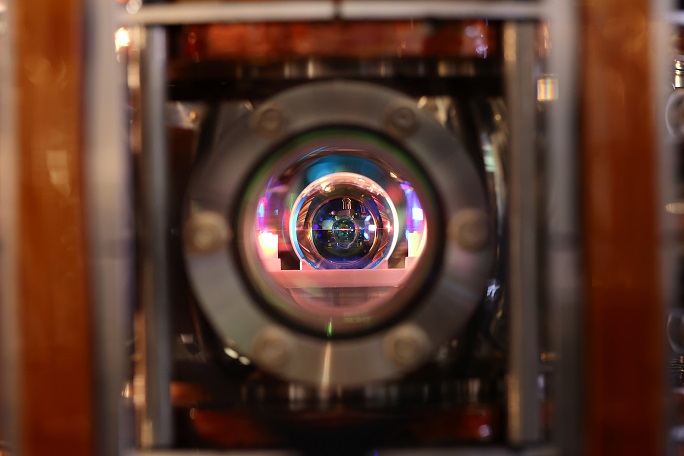Quantum Computing Startup Nanofiber Quantum Technologies Secures $8.5 Million Funding

Insider Brief
- Nanofiber Quantum Technologies raised $8.5 million in its latest funding round.
- NanoQT developed a quantum processing unit (QPU) that employs neutral atoms and photons as qubits.
- Investors include: Phoenix Venture Partners, JAFCO Group Co Ltd, SPARX Group Co Ltd, Keio Innovation Initiative, Inc. and Waseda University Ventures.
- Image: NanoQT
PRESS RELEASE — Nanofiber Quantum Technologies Inc. (“NanoQT”) raised $8.5 million from leading venture capital investors. Phoenix Venture Partners (PvP) in the US, and Japan’s JAFCO Group Co Ltd, SPARX Group Co Ltd, Keio Innovation Initiative, Inc. (KII), and Waseda University Ventures (WUV) financed the round through convertible notes.
Founded in 2022, NanoQT is a leading startup company focused on fiber connectable quantum computing hardware. Unlike superconducting circuits and ion traps for quantum computing, NanoQT uses a technology called nanofiber cavity Quantum Electrodynamics (QED). This technology has been derived from over a decade of intensive research by Professor Takao Aoki at Waseda University, Japan, a leading expert in quantum computing and co-founder of NanoQT.
NanoQT owns a novel and proprietary quantum processing unit (QPU) that employs neutral atoms and photons as qubits, capable of processing and storing quantum information while communicating with other QPUs. Modularity and scalability of interconnected QPUs offer a unique platform for distributed quantum computing and quantum networks for a variety of useful applications. NanoQT’s QPU aims to revolutionize quantum computing.
“While cavity QED has long been a recognized platform in quantum computing, developing the ideal cavity posed significant challenges. We’ve overcome these challenges using our proprietary QED technology,” comments Dr. Akihisa Goban, NanoQT’s CTO and co-founder, who studied cavity QED technologies under Professor Jeff Kimble at Caltech.
“We are thrilled with the support from our US and Japanese investors. We aim to spotlight our unique approach and its strengths. With the funding, our primary objective is to develop our proprietary QPU for quantum repeaters, an innovation not yet seen in the market,” proclaims Dr. Masashi Hirose, NanoQT’s CEO and co-founder, an MIT graduate and former McKinsey and Company consultant.
“For PvP, investing in NanoQT isn’t merely another venture investment. This is our first investment in a Japan-origin startup. We are deeply impressed by NanoQT’s innovative approach in the quantum hardware sector and are pleased to support their US expansion,” expresses Dr. Nobi Kambe, General Partner of PvP.
“Our confidence in NanoQT’s potential comes from its leadership. The investment is rooted in our belief in NanoQT’s management team led by Dr. Hirose and Dr. Goban. We’re confident they can assemble a global team well beyond Japan,” comments Keisuke Miyoshi, the President and CEO of JAFCO.
Takaki Demichi, Director and Head of Mirai Creation Investment (SPARX), has a similar sentiment. “NanoQT’s distinct approach doesn’t just introduce novelty. It crucially addresses the longstanding challenge of connectivity, enhancing the scalability of quantum computers.”
Naoji Nomura, Principal of KII, emphasizes that “NanoQT is an outstanding startup with extremely high potential for the global social implementation of moonshot-class quantum network technology, developed over many years at Japanese universities.”
Dr. Hiroaki Ohta, General Partner of WUV, mentioned, “We are delighted to invest again, having supported NanoQT since the seed round. NanoQT has shown significant growth, especially in terms of collaborations, the R&D team, and intellectual property, which are fundamental for a hardware startup.”
Fueled by this funding, NanoQT plans to accelerate its R&D, onboard talent from the US and Japan, and foster collaborations with academia and private corporations. With the Japan-US synergy, armed with cutting-edge technology, and oriented towards US-Japan collaborations, NanoQT aspires to exemplify global collaboration in the quantum computing field.
